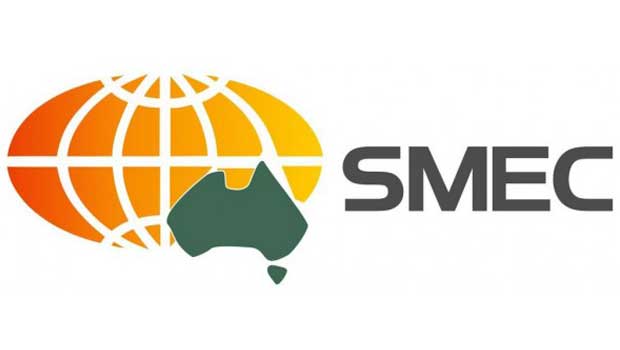
Fortune News | Aug 10,2019
Local importers have begun receiving waivers from the Ethiopian Shipping & Logistics Services Enterprise (ESLSE), allowing them to use other shipping companies to transport their goods from ports in China.
After months of uncertainty due to the global shortage of shipping containers, the move enables importers to bring their goods in from the Far East nation, the source of a fourth of Ethiopia's imports.
Strict COVID-19 lockdowns in the global west and south meant that containers were not offloaded and loaded at the usual pace, creating disruptive shortages. Because of a directive making the Enterprise the only option for importers, they have had no choice but to wait months for their goods to be picked up while enduring staggering surges in transportation costs, a state of affairs that is creating fears of a critical shortage of imported goods in the months ahead.
The Enterprise only permitted importers to use other shipping companies in the rare case that their goods were moving from ports where its ships do not dock or where it has no agents present. Though it targeted to transport 170,000 containers last year, the Enterprise only managed to move 150,000, with more than 13,000 containers currently stranded in Chinese ports.
“This waiver is for imports from the ports of China, where there are container shortages at large,” confirmed Ashebir Nota, communications director at the Enterprise.
The Enterprise recently introduced new cargo tariffs four times higher than its rates last year. Other shipping lines charge even higher prices, presenting another challenge to importers.
For Yitawok Ewunetu, a logistics expert with a decade of experience, the waiver solution is of great benefit in terms of saving time, but not when considering costs.
“The price of products would still be high as importers will have to pay for the costly transportation,” says Yitawok.
On top of that, other shipping lines rarely offer the multimodal transportation that ESLSE does, meaning that importers might have trouble getting their goods from the Port of Djibouti to their final destination.
“Other shipping companies don't have enough agents in Djibouti, and our goods might not find enough facilitation services and transportation from there to Modjo Dry Port,” says an importer who is unsure on whether to continue waiting for the Enterprise or use other shipping lines for two 40ft containers he has sitting in China. The Enterprise currently charges over 9,000 dollars to ship one 40ft container.
Importers face another headache as well in the form of the potential penalties that await them at their banks due to the expiration of their letters of credit (LC) deadline. On July 19, 2021, the Enterprise, through the National Bank of Ethiopia (NBE), officially requested banks to extend LC deadlines for at least two months. Some banks have already begun to do so.
This development came just in time for Merha Transit Plc, who had already been penalised once by the Development Bank of Ethiopia (DBE) over a letter of credit.
“We were penalised over 400,000 Br last time because the 90 day deadline had passed, but at least we won't get punished for a second time,” says Ayalsew Mesfin, operations manage at Merha. The DBE has agreed to push the deadline back by two months.
Not everyone might be as lucky as Merha, however, as officials from the central bank claim that they cannot force the extension of deadlines.
“We can't oblige the banks to extend the LC deadlines, so we've asked them to cooperate and given them the option to decide for themselves,” said Fikadu Digafe, vice governor and chief economist at the NBE.
PUBLISHED ON
[ VOL
, NO
]

Fortune News | Aug 10,2019

Radar | Apr 22,2022

Fortune News | Jun 07,2020

Radar | Jun 20,2020

Radar | Apr 13,2019

Dec 22 , 2024 . By TIZITA SHEWAFERAW
Charged with transforming colossal state-owned enterprises into modern and competitiv...

Aug 18 , 2024 . By AKSAH ITALO
Although predictable Yonas Zerihun's job in the ride-hailing service is not immune to...

Jul 28 , 2024 . By TIZITA SHEWAFERAW
Unhabitual, perhaps too many, Samuel Gebreyohannes, 38, used to occasionally enjoy a couple of beers at breakfast. However, he recently swit...

Jul 13 , 2024 . By AKSAH ITALO
Investors who rely on tractors, trucks, and field vehicles for commuting, transporting commodities, and f...

Oct 11 , 2025
Ladislas Farago, a roving Associated Press (AP) correspondent, arrived in Ethiopia in...

Oct 4 , 2025
Eyob Tekalegn (PhD) had been in the Governor's chair for only weeks when, on Septembe...

Sep 27 , 2025
Four years into an experiment with “shock therapy” in education, the national moo...

Sep 20 , 2025
Getachew Reda's return to the national stage was always going to stir attention. Once...